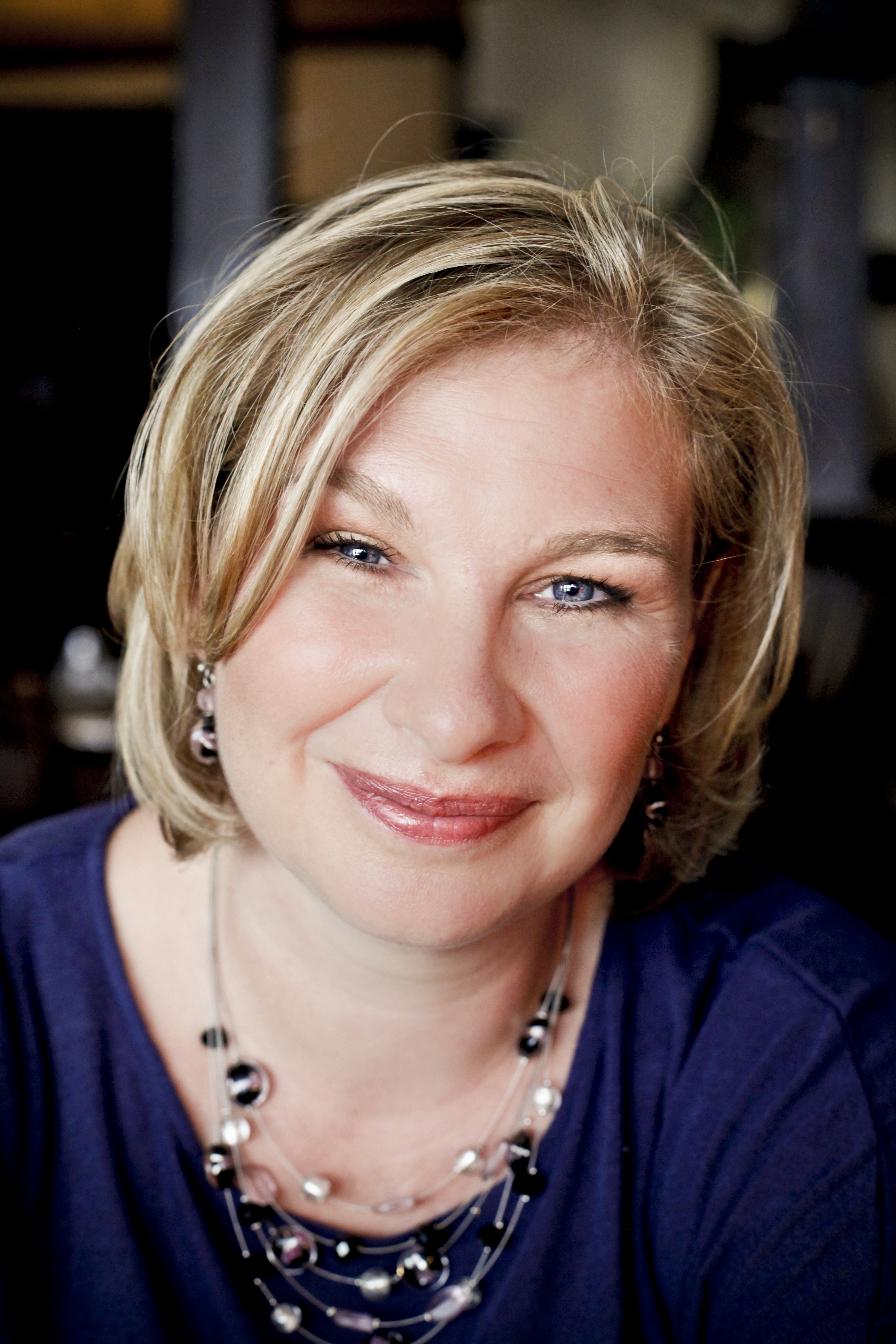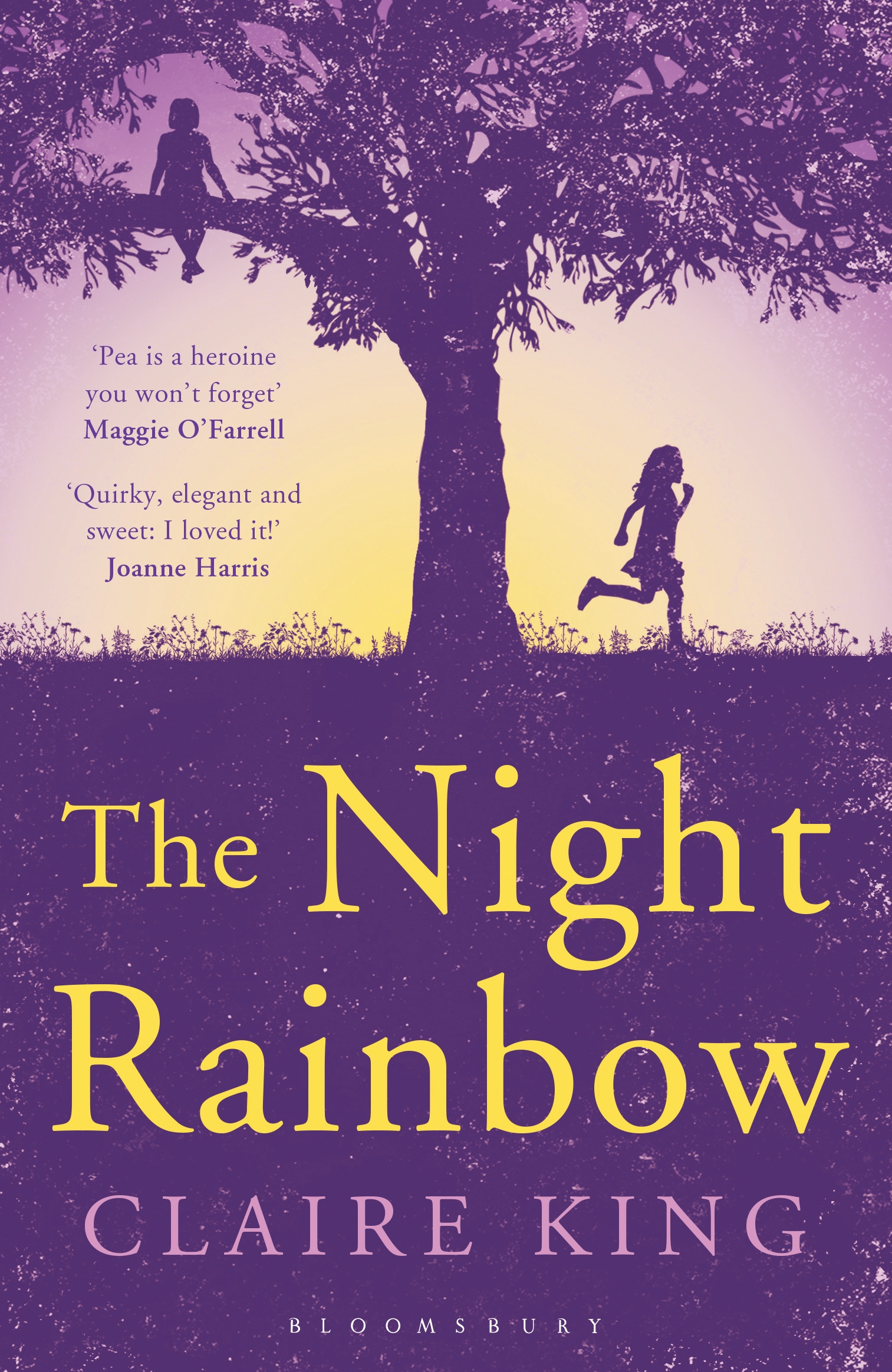In this case study, The Night Rainbow author Claire King tells us about the marketing campaign for her paperback, and takes the opportunity to ask her marketing team a few questions.

You've written the book, you've got the agent, the publishing deal - it's all coming together. But it's not over yet! You could have written a masterpiece, but it won't matter if no-one reads it.
The Night Rainbow's paperback publication day
In this case study, Claire King tells us how she felt on The Night Rainbow's paperback publication day:
"It’s paperback publication day for The Night Rainbow. I didn’t think I could possibly be as excited as I was in February when the book launched in hardback, but I really am!
"Before I forget I want to say a huge thank you to everyone at Bloomsbury who has been working hard on the paperback launch – updating the cover, planning the PR and marketing campaigns (of which more in a second), championing the book so enthusiastically with retailers and basically just crossing their fingers and being so lovely and encouraging to me.
"So, the paperback is out today – a nice small supple book at a lower price than the hardback edition. Perfect for summer holidays, reading in bed etc. There are a lot of exciting things happening, but what is *VERY EXCITING* for me in particular is that there is a marketing campaign running for The Night Rainbow paperback launch, which should get it noticed by more people and help get them into book shops to buy it.
"As a debut novelist, having a marketing campaign was thrilling news that I wasn’t expecting it at all, and it all happened quite recently. Thanks to the hard work of Bloomsbury’s sales team, they won really strong advance orders and enthusiasm for the paperback from retailers, including The Night Rainbow being the August Book Club pick at Sainsbury’s; being selected for Tesco’s new New Talent slot; being promoted in WH Smiths high street, train station and airport stores. I know already there are plenty of amazing independent book shops stocking it and Waterstones too. So do pop into your local shop – there should be paperbacks aplenty. And of course, ebooks are available in all the usual places."

So, what makes a successful book campaign today?
Claire King also took the opportunity to ask Bloomsbury's Tess Viljoen, who handled the marketing for The Night Rainbow, a few questions about marketing books in general.
Would you say it’s true that publishers expect authors to ‘market’ themselves and their books now more than ever? What does this mean in reality?
The shift towards social media has, brilliantly, put fans directly in touch with the authors they love. It’s a powerful way of communicating with readers and exciting for everyone involved. The downside of this, given it would be disingenuous for a publisher to try and impersonate an author online by running a social media stream on their behalf, is it has shifted that responsibility back on to authors. Social media can be very rewarding but it can also be immensely time consuming and doesn’t appeal to all authors. At Bloomsbury we encourage our authors to have a go, and support them as much as we can from our social media platforms but ultimately, it’s up to them if they feel it is a medium they can work in.
When I worked in consumer goods marketing (years ago!) there was a sort of ‘chicken and egg’ situation with smaller brands, whereby advertising support was minimal or non-existent until (hopefully) word of mouth took off. This also meant it was harder to get those products stocked in shops and positioned well. Does this apply also in publishing/book retailing? If so what factors help get the ball rolling?
The percentage of books that receive advertising spend is in fact very small - and so the majority of books are sold into bookstores without that support, which makes it a much more level playing field. We have sales reps that go into bookshops around the country and pitch our titles directly to the booksellers. With word-of-mouth still being the most powerful form of recommendation, this gives our books a strong chance to being taken by a bookseller and in turn, recommended to their customers.
What is more important in book marketing, the author or the book?
They are entirely inextricable. Obviously an author who is happy to do events, to be active on social media and be widely available for publicity is a strong asset for a book, but we regularly work with authors from foreign countries who for all sorts of reasons cannot give us their time or physical presence and we have found ways of working around this and still build strong marketing and publicity campaigns.
Comments